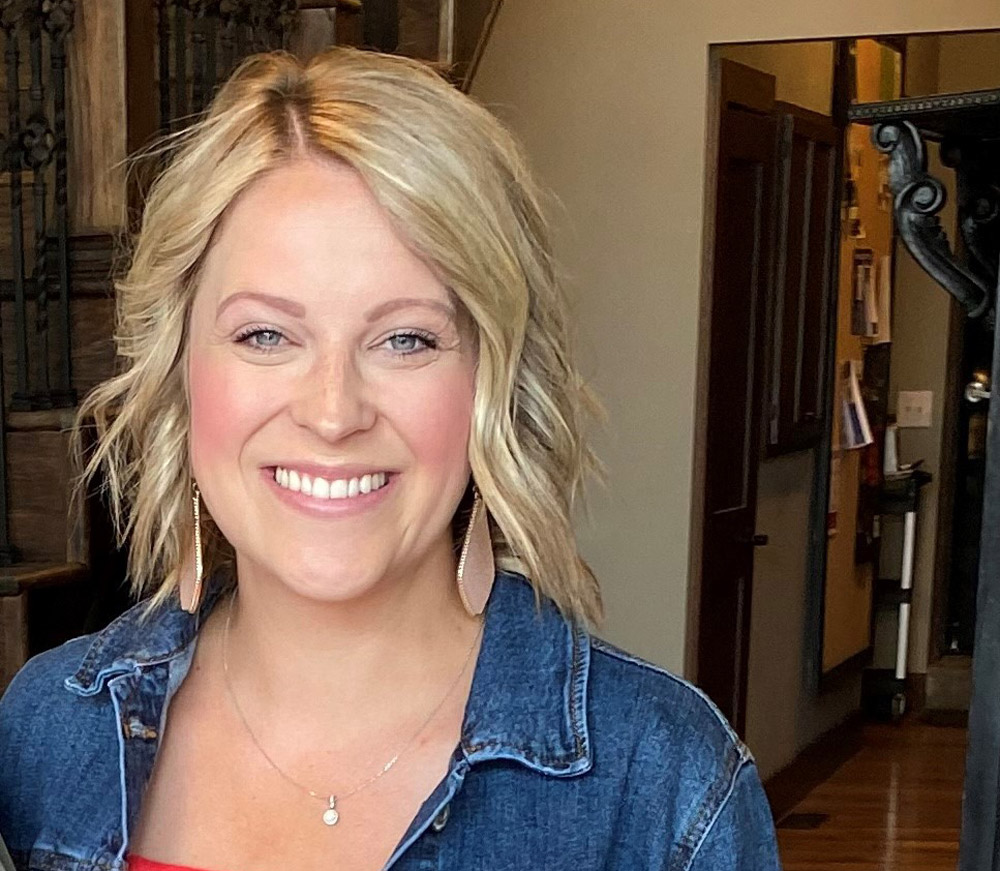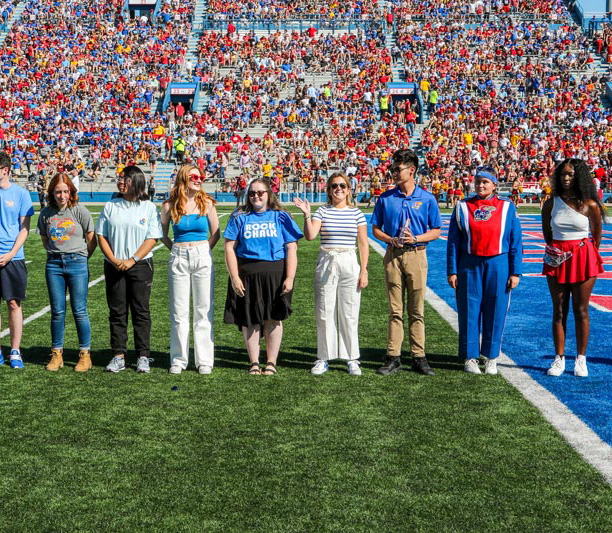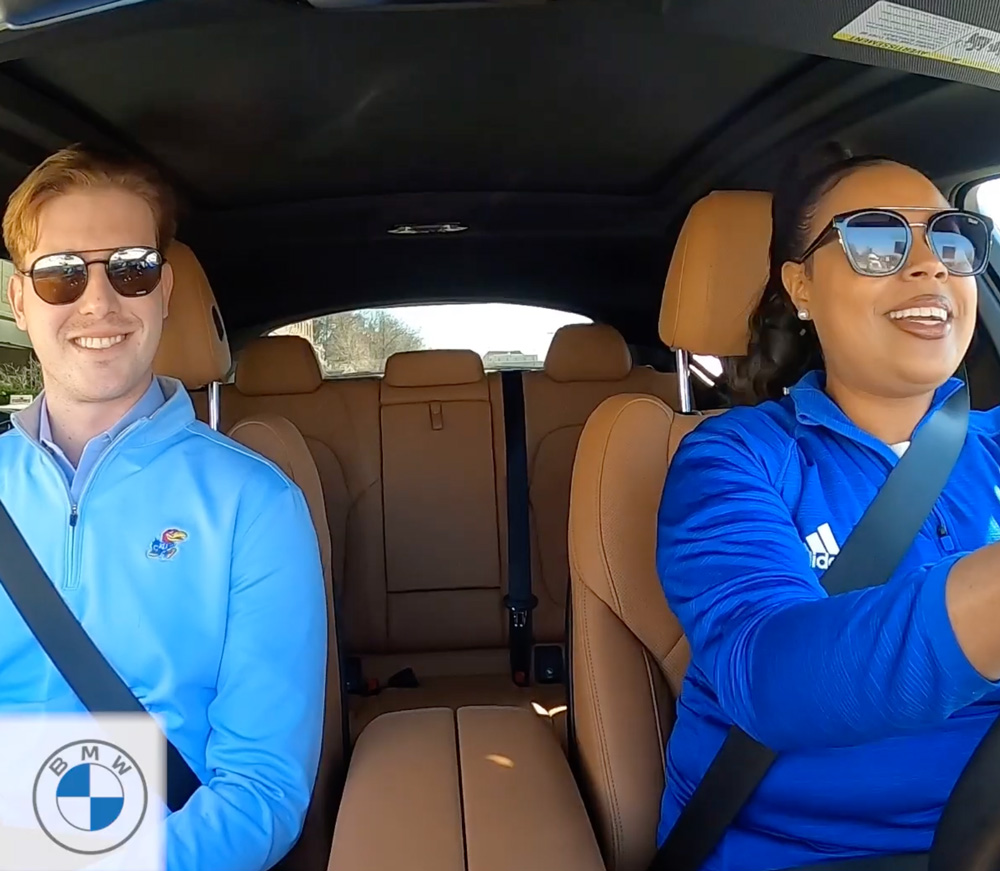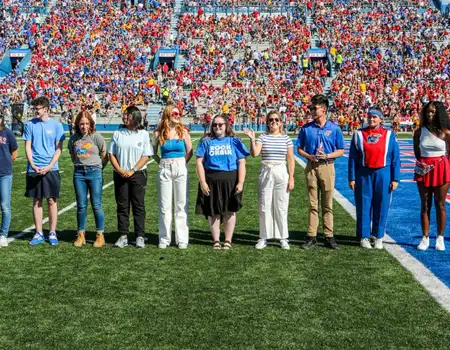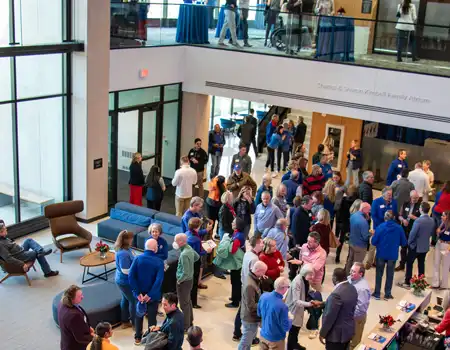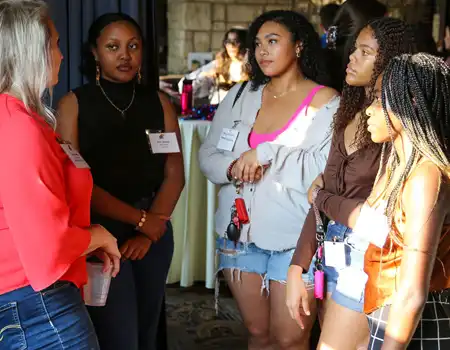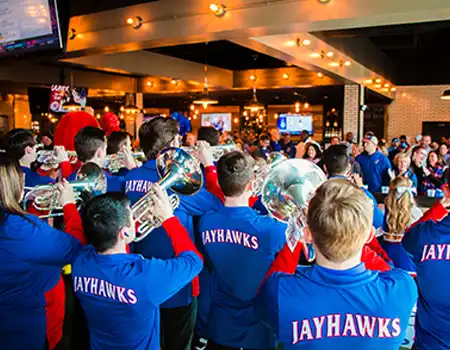Copy the Leader: Walter Fleming
- December 20, 2022
Jayhawks in leadership positions are everywhere you look, including through the Jayhawk Career Network. KU Alumni, in partnership with SumnerOne, is highlighting Jayhawk leaders who are models for others in their industries with our “Copy the Leader” program.
Walter Fleming, PhD’96, is a professor and chair of the Department of Native American Studies at Montana State University. We sat down with Walter to learn what leadership means to him.
What do you do in your work?
I have been a faculty member for 41 years and department head for 20 years. Our department is somewhat unique as we have two “houses.” We have our academic programs (Masters in Native American Studies, graduate certificates in NAS, and a minor), but we are also charged with providing support for the 800 Native students attending Montana State University and its affiliate, Gallatin College.
As department head, I manage a state instructional budget and represent five faculty members. In addition, I manage our Foundation funds and grants/contracts. I am assisted by a very able business office manager and an academic services coordinator. In the main, I advocate for Native American Studies. Our mission, as a department within a land-grant university, is to assist tribal Nations meet the ever-changing needs of Montana’s Native communities and all Montana citizens through excellence in teaching, research and service. As a faculty member, I teach courses in support of our minor and graduate program.
I also supervise our Office of American Indian and Alaska Native Student Success (also known as the Office of Native Student Success) and assist the director in ensuring the success of the program. The heart of our activities is a student-centered well being model for engaging Native students. We support Native students in five general areas: academic success, cultural connections, social interaction, spirituality, and personal growth. The Office of Native Student Success develops programming for the recruitment, retention, and eventual graduation of Native students.
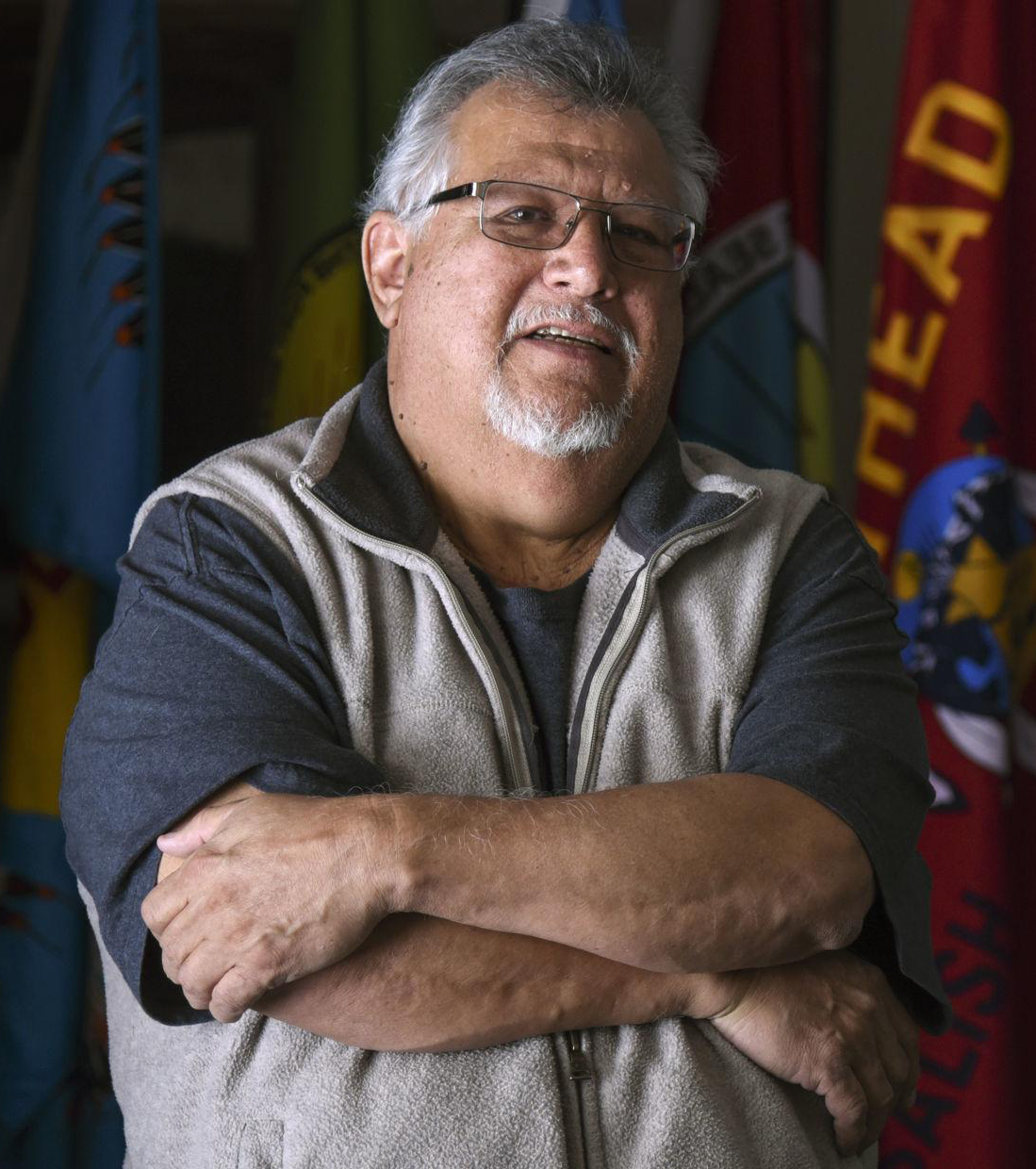
What are the qualities of a good leader?
A good leader says “we” rather than “I.” A good leader is one who recognizes great ideas and provides resources to put those ideas into action. A good leader listens more than talks. A good leader considers those he or she works with as peers and colleagues, not staff or employees. We try to eliminate any hierarchy of positions. Our process includes faculty, staff, and, when appropriate, students, in the decision-making process. As for individual characteristics, in the Apsáalooke or Crow Indian culture, the English translation for Chief is “Good Man,” which suggests that the qualities of leadership are inherently to possess the ideal characteristics of being a good person. Also from Native culture is the idea that in every decision a person makes, you must consider its impact on the next seven generations to come.
What makes a team/group successful?
Building community is key to an effective team. That starts with a strong set of shared community values. Ours are honesty; generosity; kindness and openness; hard work; family; spirituality; humor and respect; and humility. That and asking at the end of the day, “What did we learn from this?”
How have you adapted to the changes brought by the pandemic in your work?
When the pandemic hit, we were in mid-semester and made a quick transition to online instruction. For our department, that was not so challenging as our faculty members had taught online before. But having to make that sudden transition did underline the need to be flexible and recognize the importance of adapting to a new reality. For me, personally, I recognize that students have many challenges that we, as faculty members, don’t always know about. I emerged with a new sympathy and appreciation for how difficult it is to be a college student these days. This was, in part, brought home, literally, as my daughter spent her high school senior year in isolation and was masked for the first two years of her college career.
But the biggest takeaway from the pandemic for us was how such events can challenge students in poverty. Many Native students could not afford a laptop for distance learning. We had students return home to remote communities on reservations where there was no conductivity or whose only available internet connections were via expensive satellite technology. We quickly found laptops to check out to students and I wrote a grant to provide laptops to any Native student who needed one.
We also learned how financially vulnerable Native students can be. As the pandemic kept people place-bound, our staff collected cleaning supplies and food to distribute to families that were unable to leave their apartments because of isolation. As a result of lessons learned, our department now keeps a “pantry” for commonly needed personal supplies, such as toothpaste, toothbrushes, and feminine hygiene products, in our building, American Indian Hall, so students have access to items that they might not purchase if on a tight budget. We also keep our kitchen stocked with food items for quick meals and have emergency funds.
On the positive side, our first-year students came with a greater appreciation of community than in the past. They were quick to bond and participate. My own sense of this is that this generation of young scholars missed the social activities in high school, such as prom and homecoming, and are keener to support opportunities where they can interact socially with one another.
The Copy the Leader program is brought to you by SumnerOne. SumnerOne is one of the largest independent office technology dealers in the Midwest, with offices in Missouri, Kansas, Illinois, Arkansas, and Oklahoma. We’re a family of respected companies united by ONE goal: to exceed your expectations and help you get the most from your investments in printing, IT, and document technology.

